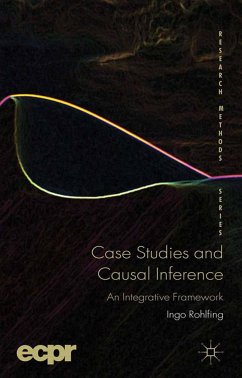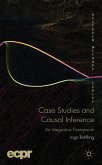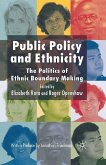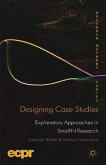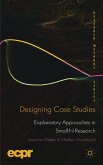A discussion of the case study method which develops an integrative framework for causal inference in small-n research. This framework is applied to research design tasks such as case selection and process tracing. The book presents the basics, state-of-the-art and arguments for improving the case study method and empirical small-n research.
'Ingo Rohlfing's book marks an important contribution to the case-methods literature. Building upon but going beyond earlier work, he advances an integrative perspective that offers a comprehensive discussion of case studies and their potential for causal inference. Foundational questions on the case method - the nature of causation (effects or mechanisms), scope conditions, the role(s) of theory, and process tracing - are addressed, and done so in a user-friendly manner where conceptual discussions are illuminated with a rich set of empirical illustrations. Case Studies and Causal Inference is a must read - not just for methodologists, but for all qualitatively oriented social scientists.' - Jeffrey T. Checkel, Simons Chair in International Law and Human Security, Simon Fraser University, Research Professor, Peace Research Institute, Oslo
'An important and ambitious effort to synthesize different approaches to causal inference in case study research. The book offersa balanced discussion of different methodologies, and it reaches sophisticated conclusions that move the discussion forward. Rohlfing's work is useful for both teaching methods and designing substantive case study research.' - James Mahoney, Fitzgerald Professor of Economic History, Northwestern University, USA
'An important and ambitious effort to synthesize different approaches to causal inference in case study research. The book offersa balanced discussion of different methodologies, and it reaches sophisticated conclusions that move the discussion forward. Rohlfing's work is useful for both teaching methods and designing substantive case study research.' - James Mahoney, Fitzgerald Professor of Economic History, Northwestern University, USA

